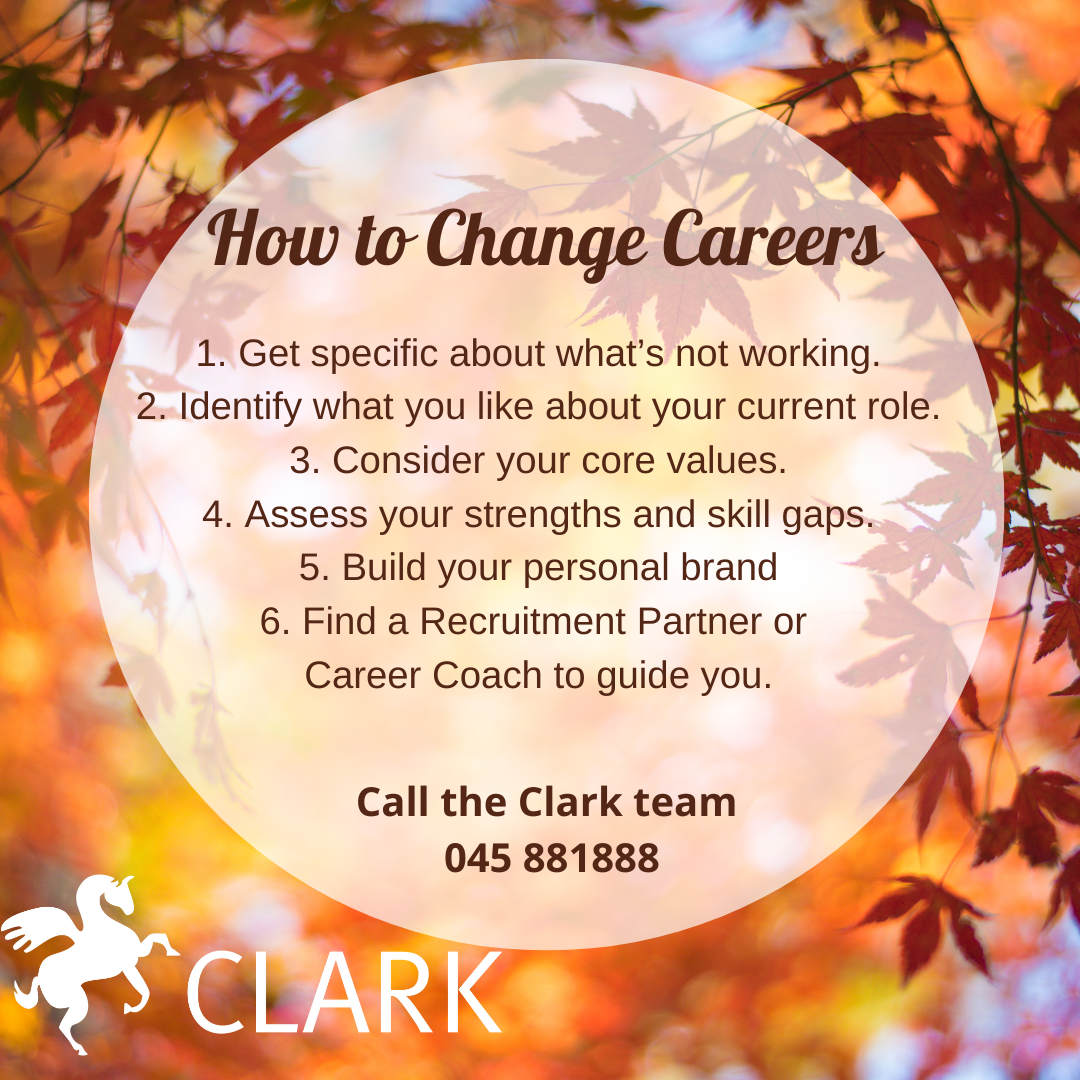
How to change careers
How to Change Careers
Start making a plan to find a job that embraces your passions, because happiness is a key component of job performance and career advancement. Follow these steps to push yourself off of autopilot and make the change.
- Get specific about what’s not working.
First, take time to understand what exactly is causing you so much distress in your job. Does your dissatisfaction stem from external factors, such as your co-workers, boss, organisational culture, or even the commute? If so, would switching teams or leaving the company remedy your unhappiness, or do you still have that same sense of dread thinking about the work you’ll be doing, regardless of a change in scenery?
- Identify what you like about your current role.
Think back to when you first started in your current role. What were your motivations? Was it the day-to-day responsibilities? The promise of career growth? Then, examine the parts of your job you still find enjoyable and seek to understand why they interest you. Is it the creativity your role involves? Strategic thinking? Number crunching? Do you love the constant change or maybe you crave stability? Keep these themes in mind when looking toward your next role. By assessing your current likes and dislikes, you’ll have a better grasp on areas to look for or avoid in your next career move.
- Consider your core values.
In any job, it’s important to find a good cultural fit. Examine your values and understand what type of company culture will complement your personality. Do you value autonomy, community, innovation? Would you be uncomfortable working somewhere where maintaining the status quo is encouraged? Or maybe it’s important to you that you’re working toward a benevolent cause.
Whatever your values, when taking this type of self-inventory, it’s important to be honest with yourself. Think about those friends’ jobs you’d like to have. Are you actually interested in their role, or is it really the freedom and empowering culture you crave? Find out what makes you feel alive, even if it’s not what you (or others) think you “should” be doing. It may be that your values have changed since you first started working—and that’s ok. Just be clear on your priorities today.
- Assess your strengths and skill gaps.
If it were not for money, time, location, or whatever other reason, what would you be doing? Now is the time to figure out how to do just that. While a complete one-eighty isn’t feasible overnight, examine how your current role and your ideal role overlap. Think about your transferable skills, related experience, and network connections that can help you make the most credible transition, particularly if your current and dream jobs are worlds apart.
It’s also wise to chart out the gaps in your skills and experience that may get in the way. You may need to get creative: start a side gig, engage in part-time internships, or even return to education.
- Build your personal brand
Your personal brand is your unique selling point. As a job seeker you are selling your brand and your brand is YOU. On LinkedIn make sure your photo is recent and professional and that your work experience is up-to-date. Fill out as much as you can. Potential employers will Google you before they’ve even looked at the CV you’ve sent in, so make sure what’s online is as stellar as what’s in that CV. See your personality online as an extension of your business and a totally free advertisement for what you do.
- Find a Recruitment Partner or Career Coach to guide you.
Finding a career coach or recruitment expert to partner with you throughout your career. They will support you by providing a specialist service, expert information and tailored resources at every stage in your career journey. At Clark we complete specific, tailored competency based interviews to help you prepare. Using SHL assessments allows you to measure your skills with confidence. Clark provide you with a DISC behavioural profile from the world renowned lnnermetrix suite of psychometric profiling tools, helping you to understand your strengths and realise your full potential.
You can contact our team of experienced recruiters and career coaches on 045 881888 or email hello@clark.ie.











